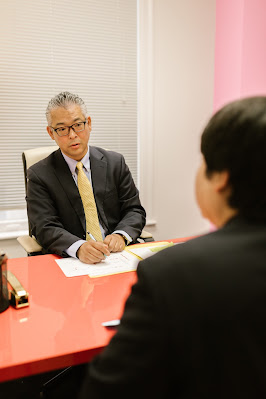Doing business with Japanese firms, both
in Japan and abroad, presents a set of distinctive challenges and
opportunities. While Japan's culture, food, and attractions might create a
romanticized view, the reality of conducting business in the country can be
quite different. This article aims to provide novice readers with an
informative overview of the considerations involved in doing business with
Japanese firms.
Cultural Factors:
When engaging with Japanese firms, it is essential to understand
the concept of "wa" or harmony, which holds great value in Japanese
society. Negotiations often take longer than in other cultures as parties work
toward establishing mutual trust and understanding.
Communication Styles:
Japanese communication styles differ from those in other
countries. Direct confrontation is generally avoided, and nonverbal cues and
gestures hold greater significance. Therefore, it is crucial to be attuned to
these cues to effectively communicate and negotiate with Japanese partners.
Legal and Regulatory Landscape:
Understanding Japan's legal and regulatory landscape is vital,
especially for businesses operating in regulated industries. Japanese
regulations can be complex and require meticulous attention to detail to ensure
compliance.
Considerations for International Business:
When doing business with Japanese firms outside of Japan,
additional considerations come into play. It is crucial to acknowledge the
cultural differences that exist in the specific region where you are conducting
business. Each country may have its own unique customs and practices that must
be respected and taken into account.
Language Barrier:
While English is widely spoken in Japan, it may not be the case
in other countries where Japanese firms have a presence. It is advisable to
work with translators or language specialists to effectively communicate with
your business partners.
Challenges of International Business:
Doing business in a foreign country presents unique challenges.
These may include navigating different legal systems, dealing with currency
fluctuations, and managing logistics and supply chains across international
borders.
Building Strong Relationships:
Building strong relationships with Japanese partners is key to
successful business dealings. Taking the time to know your partners personally
and demonstrating commitment to long-term partnerships based on mutual trust
and respect is highly beneficial.
Despite the challenges, doing business with Japanese firms can
be highly rewarding. By understanding the cultural, legal, and logistical
factors involved and building strong relationships with your partners, it is
possible to achieve success in this exciting and dynamic market.
From cultural nuances to legal complexities, venturing into the realm of Japanese business demands perseverance and adaptability. Embrace the challenges, build lasting partnerships, and open the door to a world of endless possibilities in this captivating and ever-evolving market.
Related Articles:
Navigating Japan's Relationship-Oriented Business Culture: Tips for Success


Comments
Post a Comment